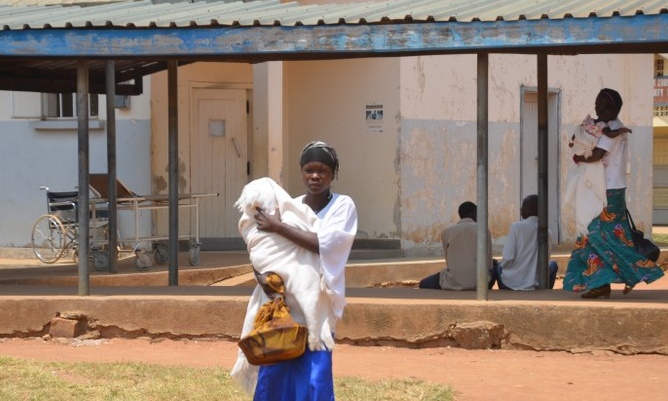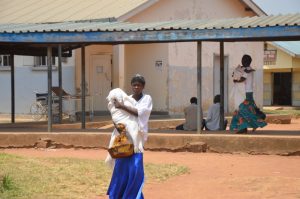

As recent as early this year, a mere mention of a maternal or perinatal audit before midwives and nurses in the eastern Uganda district of Kibuku would send shivers down their spine.
“We even used to perceive audits as incriminating by reporting ourselves. But from the MPDSR training we now know the importance of conducting audits. It is about finding gaps and addressing them. But previously everyone used to fear and more so if a midwife got a fresh stillbirth. Many reported them as macerated stillbirths. After all who is going to claim a macerated stillbirth,” explains Haawa Nakyeya, a midwife at Kibuku Health Centre IV.
Maternal and perinatal death reviews (MPDR) help to understand the circumstances around the death of a mother or newborn to identify factors contributing to death and then develop strategies to address them. While the 2018/2019 Uganda Annual Health Sector Performance Report is silent on maternal audits, it indicates that perinatal deaths review is still low at 3.8% (1,054/27,926). The same report indicates that most reviews done were early neonatal deaths 340/1,054 (32.3%), followed by Fresh stillbirths 321/1,054 (30.5%).
The above picture was the same in Kibuku but there seems to be a silver lining in the district’s bid to cap maternal and perinatal deaths. The training that Haawa alludes to was organized under a pilot study by Makerere University School of Public Health (MakSPH), which aims at exploring the factors that facilitate or constrain the implementation of the Maternal and Perinatal Death Surveillance and Response protocols in Kibuku and Pallisa districts. This MakSPH pilot, funded through the Research and Innovations Fund (RIF) at Makerere University, has since seen the reinvigoration of MPDSR district committees.
According to Dr Rashid Simuya, the in-charge of Kibuku Health Centre IV, the MakSPH intervention was a golden opportunity not only to revive the district MPDSR committee but also facilitated the cascading of the same to all Health Centre III facilities.
“Working with them [Makerere] and the district stakeholders we identified the skills gaps and health workers were trained and equipped with knowledge and skills on MPDSR in order to improve health service delivery for maternal and newborns as a way of reducing maternal and perinatal deaths and morbidity,” said Dr Simuya. “MPDSR Committees were formed and now all health centres from level 3 have them. They are now doing the audits and they know what to do.”
Haawa agrees saying even those who were hesitant to report fresh stillbirths are now open and freely discuss these cases when audits are conducted. “Health workers now freely open up on what went wrong and pick lessons. Where the causes are within our means to solve, we handle these straight away and if out of our control we make recommendations.”
From the weekly perinatal audits being conducted, Haawa says it is emerging that inadequate antennal care, constrained supplies, and staff shortage are among some of the factors contributing to perinatal deaths.
On the side of mothers, according to Dr Simuya, the most recent two health facility registered maternal deaths were because of delaying to seek care and excessive bleeding.
